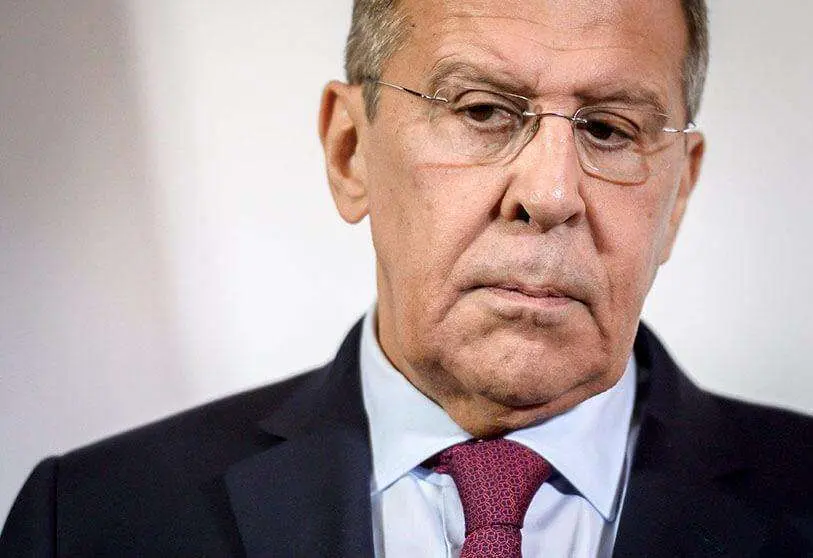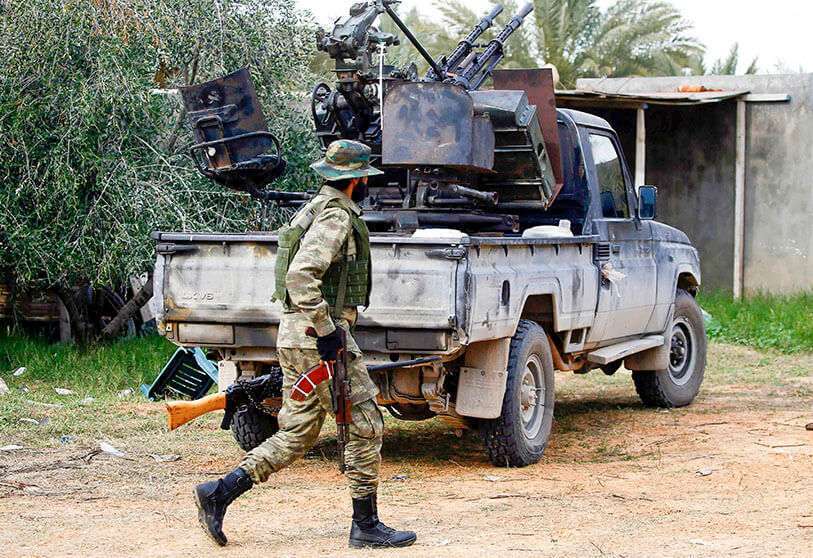Russia seeks support from the Emirates and Egypt to end the crisis in Libya

Foreign Minister Sergey Lavrov expressed, during a press conference with his counterpart from the Emirates, the need for both the United Arab Emirates and Egypt to support Russia in order to succeed in the talks on the crisis in Libya.
The situation in Libya remains complicated to this day. The Arab Spring brought with it a wave of democratisation throughout the Middle East. The population, mostly young, rose up in different countries against their leaders as a result of boredom, lack of rights and the economic crisis.... In Libya these protests eventually turned into a civil war.
Armed rebel groups even took control of some cities, causing the Libyan government, called ''yamahiriya'', to lose control over important areas of the country, leading to an armed confrontation. Eventually, the conflict ended with the death of the dictator Muammar Gaddafi, but the situation in Libya remains very delicate. The country is divided and a new conflict erupts in 2014.
The Libyan country is totally fragmented and too many international powers are involved in this conflict, further complicating the situation. On the one hand, there is the commander General Khalifa Haftar, who commands the self-proclaimed Libyan National Army (ELN), which controls much of the country. On the other hand, there are several who are fighting under the banner of the National Accord Government (NAG) based in the capital, Tripoli, and endorsed by the United Nations.

General Haftar is backed by countries such as Russia, Egypt, Saudi Arabia, the United Arab Emirates and Jordan. The Egyptian initiative calls for negotiations in Geneva and the departure of all "foreign mercenaries" from Libya. This plan has obtained the support of Saudi Arabia, the United Arab Emirates, Russia, Jordan and Bahrain.
Meanwhile, the UAE's foreign minister, Sheikh Abdullah bin Zayed Al-Nahyan, declared that Libya was facing "great challenges".
Referring to the recently signed agreement with Tel Aviv, the Russian minister said that "the peace agreements between Israel and the Arab countries must be used to achieve peace". He also called for the resumption of direct peace talks between Israel and the Palestinians, stating that Russia supported a two-state solution.
"Our ultimate goal is the full normalisation of the situation in the region, the creation of a Palestinian state and the establishment of relations between Israel and all countries in this area of the world," he said.
The Russian minister wanted to express the country's willingness to act as a mediator between Iran and the rest of the Arab countries as a result of the growing tension over Iran's nuclear programme. "We understand the difficulties that exist between some Arab countries in this region and the Islamic Republic of Iran and we express our willingness to help create the conditions for the start of dialogue," he explained.








